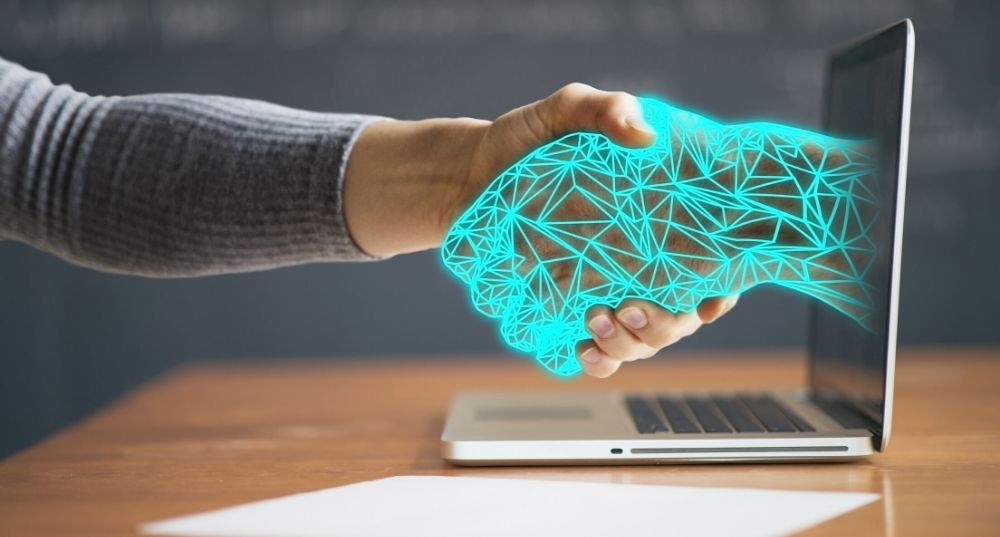In higher education, AI assists in research: analyzing scientific articles, generating hypotheses, and simulating experiments. Students can use AI to write code, translate texts, or prepare presentations, but it’s important to teach them critical thinking and verifying information.
However, there are risks. Overuse of AI can lead to a decrease in independence: students simply copy answers without understanding the underlying meaning. Therefore, it’s important to introduce digital literacy and the ethics of AI use in schools.
For children with special needs, AI opens up new possibilities. Speech recognition systems help children with hearing impairments, and visual interfaces help those with reading difficulties. A personalized approach makes learning more accessible for everyone.
Language barriers are also being erased thanks to AI. Online courses with automatic translation, subtitles, and pronunciation make it possible to study in any language. This is especially important in a globalized world.
It’s important that technology doesn’t widen the digital divide. Not all schools and families can afford modern devices and the internet. Therefore, governments must ensure equal access to digital educational resources.
In conclusion, artificial intelligence won’t replace teachers, but it will make their work more effective, and learning deeper and more engaging. The future of education lies in the symbiosis of humans and machines, where technology serves development rather than replaces face-to-face interaction.
Advertising


